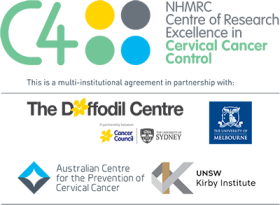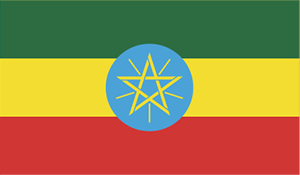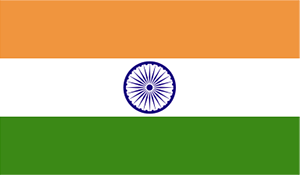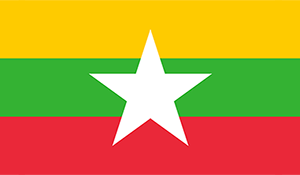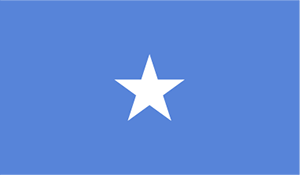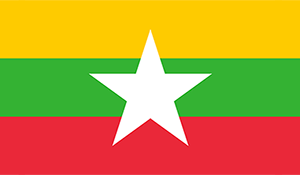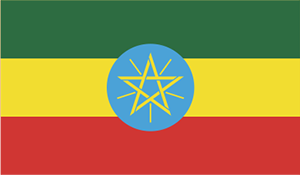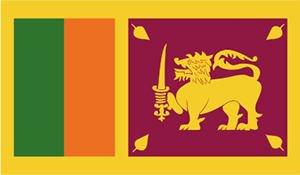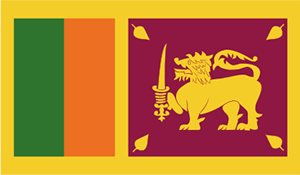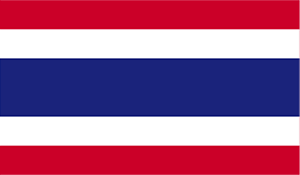C4 Projects
Explore some of the C4 projects currently underway that are contributing to the global elimination of cervical cancer. C4’s work is divided into three core streams based on the WHO three elimination pillars: 1) HPV Vaccination, 2) Screen, triage and treat, and 3) Increasing Access to Cervical Cancer Treatment; with some projects that integrate across all pillars.
COMPASS
The Compass Trial is a key piece of Australian research supporting the National Cervical Screening Program. Compass is the largest clinical trial in Australia, conducted by the Australian Centre for the Prevention of Cervical Cancer and Cancer Council NSW. The roll out of the Compass pilot has already delivered major benefits to the Department of Health and the National Cancer Screening Program (NCSP) by informing the implementation of the renewed screening pathway in December 2017, including laboratory and registry processes. It is expected to inform future changes to the NCSP by confirming that the HPV test is a superior screening method and to assess different ways of deciding which women need further investigation.
This is particularly important to understand in the context of Australia’s National HPV Vaccination Program, where vaccinated and unvaccinated cohorts are participating in cervical screening. The trial will answer many different questions for the program around demand, the pathway and safety. Compass recruitment closed in January 2020. The Australian Centre for the Prevention of Cervical Cancer has continued to operate the Compass Register to support healthcare providers and the 76,000 trial participants until the conclusion of the Compass Trial. The trial is co-led by Prof Marion Saville and Prof Karen Canfell.
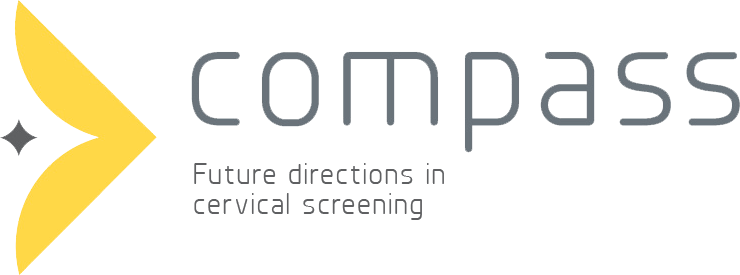
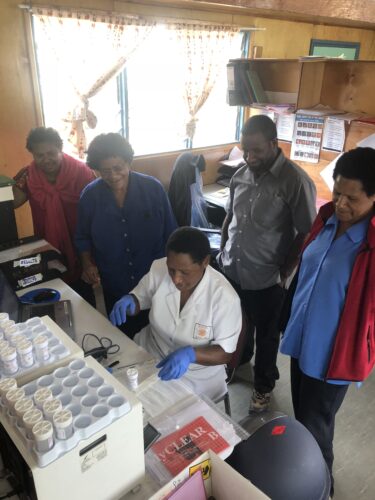
ECCWP
The Eliminate Cervical Cancer in the Western Pacific Project (ECCWP) is a first-of-its-kind humanitarian and research effort to eliminate cervical cancer in the Western Pacific. The project aligns to the World Health Organization (WHO) strategy to eliminate cervical cancer as a public health problem worldwide by the end of the century, through a ‘triple-intervention’ approach, which sets out simple targets to place all countries on the path toward elimination by 2030. Throughout the project, the partners will:
- Work with health officials in Papua New Guinea and Vanuatu, leveraging opportunities to build and prioritise existing health services.
- Fast-track HPV vaccines for girls and cervical screening for women in Papua New Guinea and Vanuatu and deliver training and equipment to build healthcare capacity.
- The Australian research arm will conduct modelling and analysis to inform the most efficient and effective ways to implement and then expand the initiative.
This project is jointly led by Prof Karen Canfell, Prof Andrew Vallely, Prof Marion Saville, and A/Prof Deborah Bateson.
The
HPV Partnership Project
The HPV Partnership Project is a National Health and Medical Research Council (NHMRC) grant (APP1132344): ‘Identifying and addressing gaps in the national adolescent HPV vaccination program’. The HPV Partnership Project funding scheme aims to support translational or evaluation research that requires formalised collaboration between research institutions and partners involved in policy or practice, such as government, private and non-government sector organisations, or community and consumer groups.
The policy and practice partners in the HPV Partnership Project are the Departments of Health in New South Wales, Tasmania and Western Australia, and the Australian Centre for the Prevention of Cervical Cancer, which formerly operated the National HPV Vaccination Program Register. The grant is led by Professor Rebecca Guy and involves nine additional chief investigators and 10 associate investigators.
Piloting a surveillance system for the prospective collection and HPV typing of cervical cancers in Australia
HPV Pilot
The HPV Pilot is developing a pilot cervical cancer HPV typing surveillance system for monitoring the impact of HPV vaccination and cervical screening on cervical cancer in Australia. In this pilot, pathologists at public laboratories diagnosing cervical cancer will send de-identified tissue samples from cervical cancer cases for HPV typing. If HPV is not detected, or more than one type is detected, laser capture microdissection and/or research-based HPV assays will be used to attempt to identify the HPV in the cancer. The results of this study will provide a framework for an ongoing system for the long-term monitoring of causal HPV genotypes in cervical cancers that can be easily integrated into routine practice across laboratories in Australia. The HPV Pilot is led by Prof Julia Brotherton.
STORIES
The STakeholder Opinions of Renewal Implementation and Experiences Study (STORIES) was a national consultation with stakeholders and partners involved in delivering the National Cervical Screening Program. Semi-structured interviews were conducted in 2019 with 49 stakeholders, with the aim of documenting and understanding their implementation experiences. This study aims to identify barriers and facilitators to the implementation of the renewed program and provide insights to inform the ongoing implementation of the program and for other countries considering a transition to HPV based screening. STORIES is led by Prof Julia Brotherton.

New Methods for
Detecting Disease in HPV Positive Women
Oncogenic HPV-based cervical screening benefits from triage strategies to identify women who have underlying high-grade squamous intraepithelial lesions (HSIL). Molecular markers, such as host and viral DNA methylation, HPV typing and E6/E7 mRNA are a promising option. We are working in the detection of these promising markers and in the discovering of new biomarkers for the detection of HSIL among hrHPV positive women by using self-collected and clinician collected samples. We are also working in the development of new methodologies for their possible implementation at point of care in Papua New Guinea and other countries.

